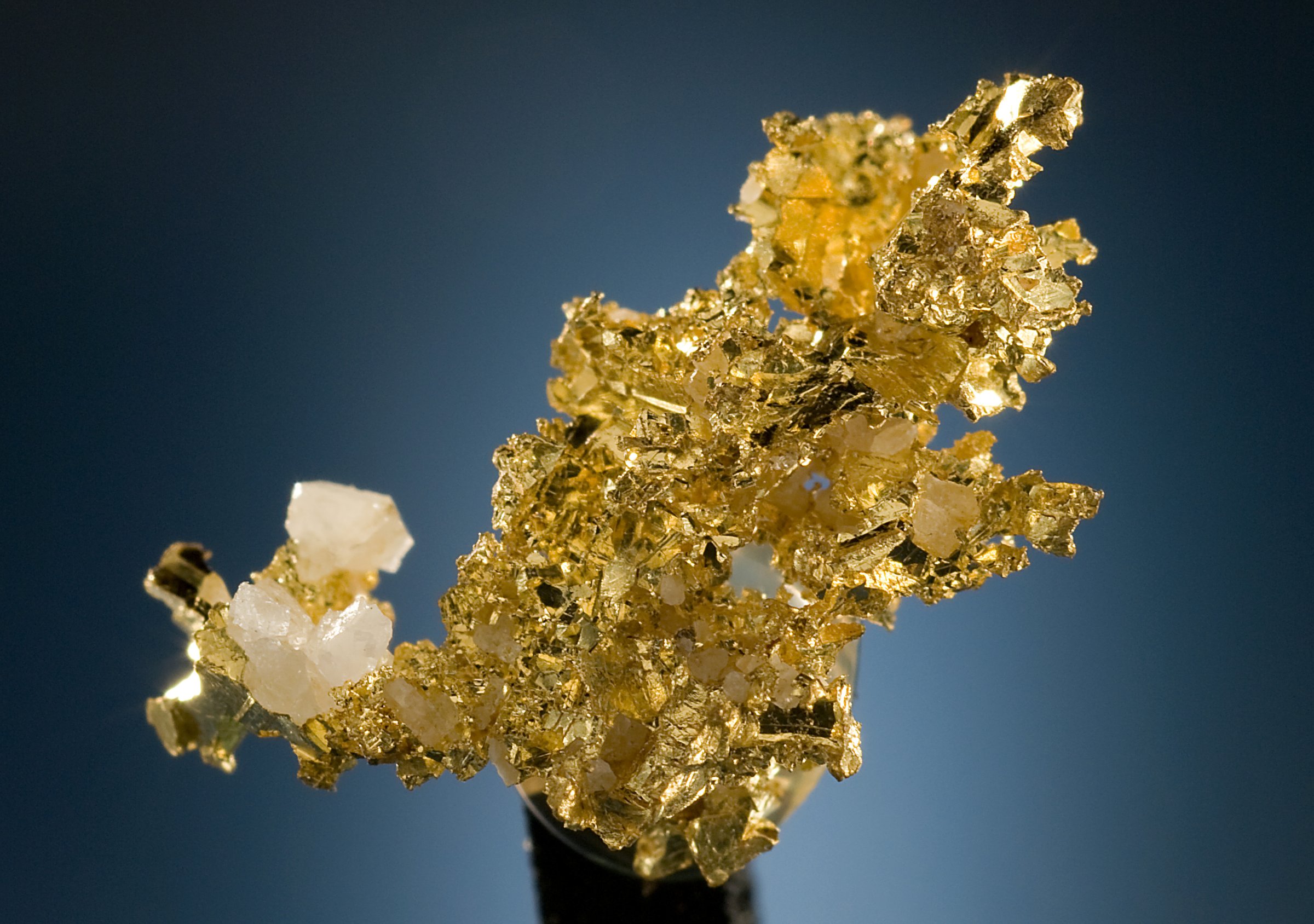
Researchers have detected trace amounts of gold, silver and other precious metals in human waste and are exploring how to make their extraction commercially feasible — a move that may stymie the dispersal of metals in the environment and lessen our dependence on mining.
Deploying an electron microscope, Dr. Kathleen Smith and her team spent eight years unearthing minuscule metal particles in treated solid waste. “The gold we found was at the level of a minimal mineral deposit,” Smith said, meaning that a similar dispersion in rock would be profitable enough for traditional mining. Other metals recovered include silver and platinum.
Smith says metals are ubiquitous in our sewer drains, ranging from those in our personal grooming products to odor-neutralizing nanoparticles sprayed on socks. These metals crop up in wastewater treatment plants, where they can be recovered through leaching.
“We’re interested in collecting valuable metals that could be sold, including some of the more technologically important metals, such as vanadium and copper that are in cell phones, computers and alloys,” Smith said.
Separate research estimated that metals valued at $13 million could be recovered through the waste of a million Americans alone.
More Must-Reads from TIME
- Cybersecurity Experts Are Sounding the Alarm on DOGE
- Meet the 2025 Women of the Year
- The Harsh Truth About Disability Inclusion
- Why Do More Young Adults Have Cancer?
- Colman Domingo Leads With Radical Love
- How to Get Better at Doing Things Alone
- Michelle Zauner Stares Down the Darkness
Contact us at letters@time.com